Y2 Support at Home
Quick Links
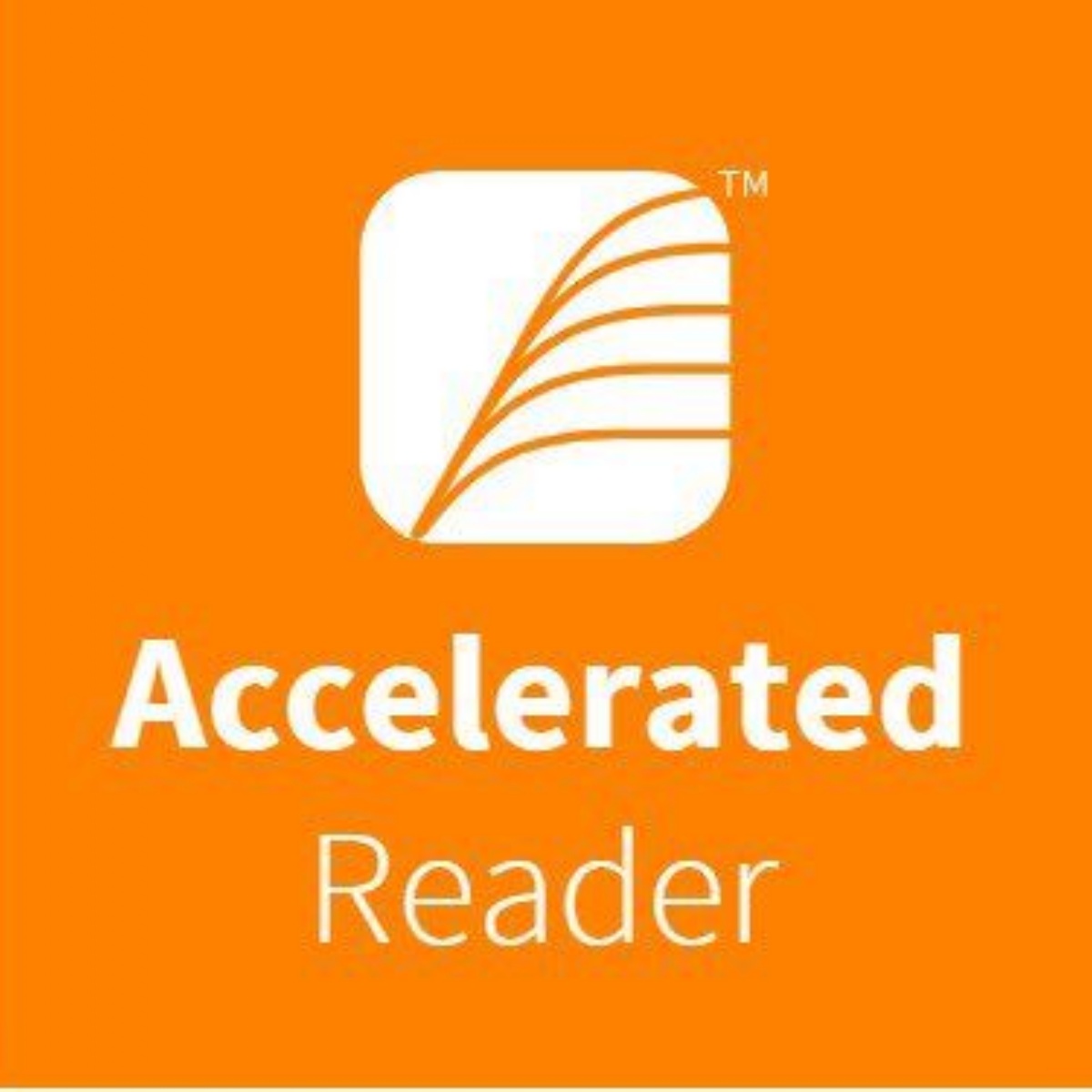 |
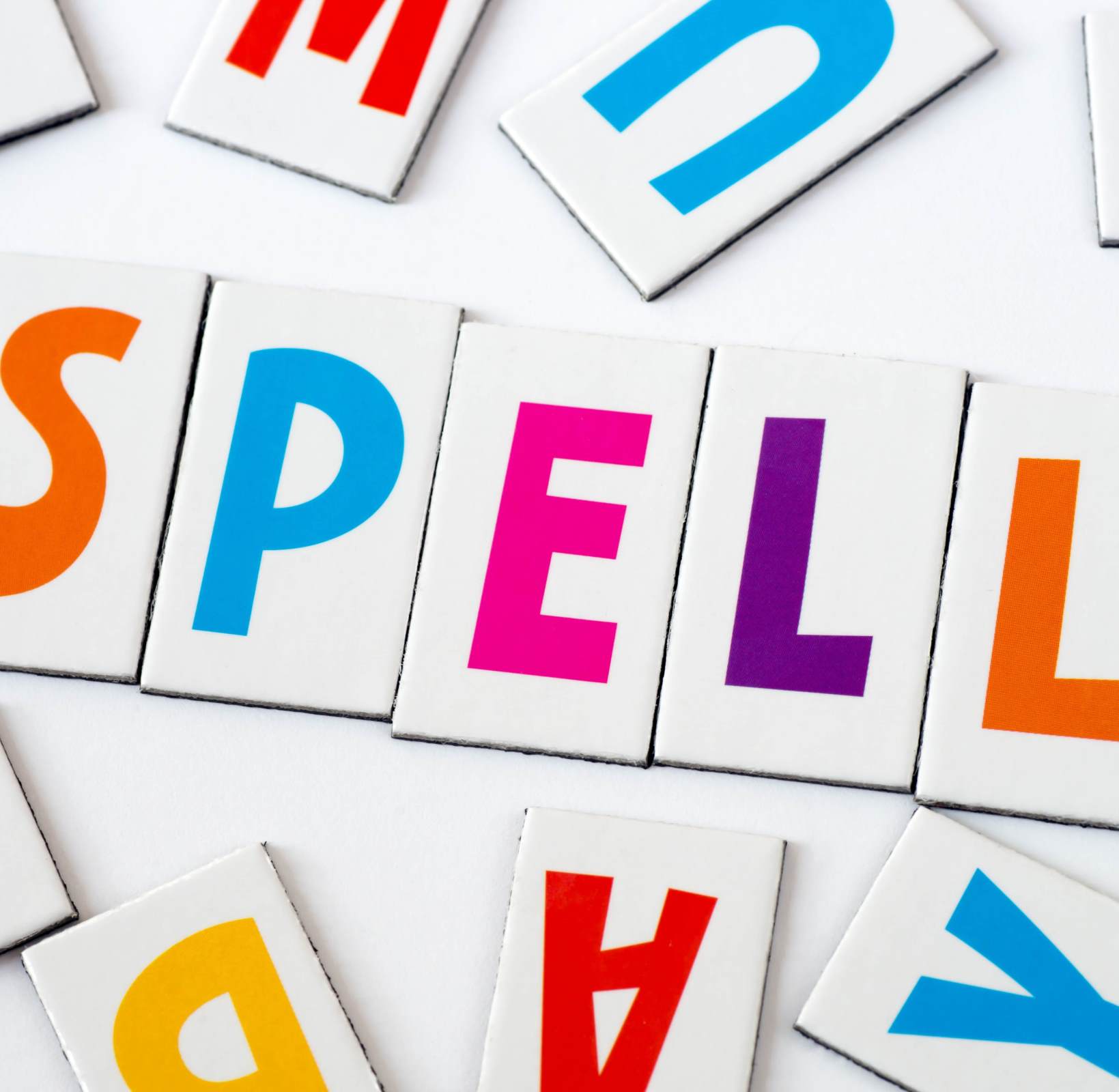 |
Maths
Please find below our yearly overview for maths topics.
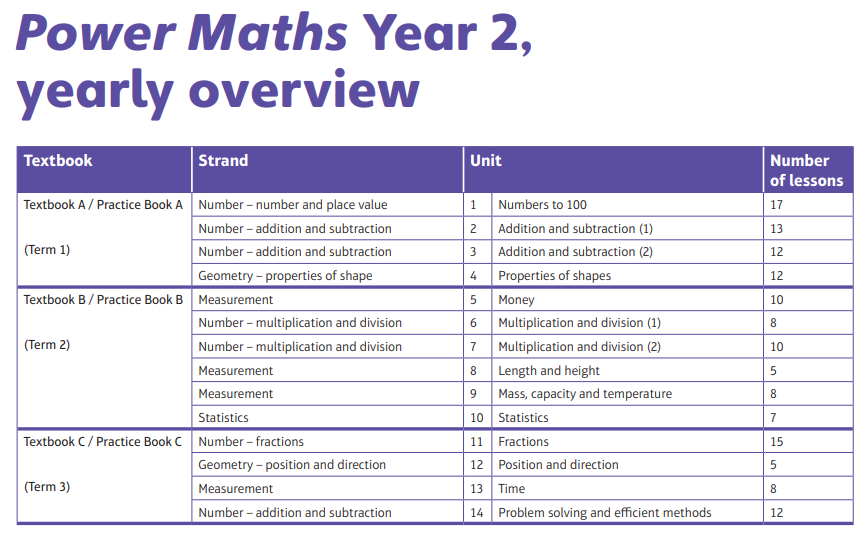
This unit brings together the key ideas of number that have been addressed in previous units and provides an opportunity for children to practise all four operations.
By the end of this unit, Class 2 will be able to appropriately select operations to use across a variety of contexts, as efficiently as possible.
Below are some of the most common misconceptions children face in this unit, and strategies to support their understanding or stretch their thinking further!
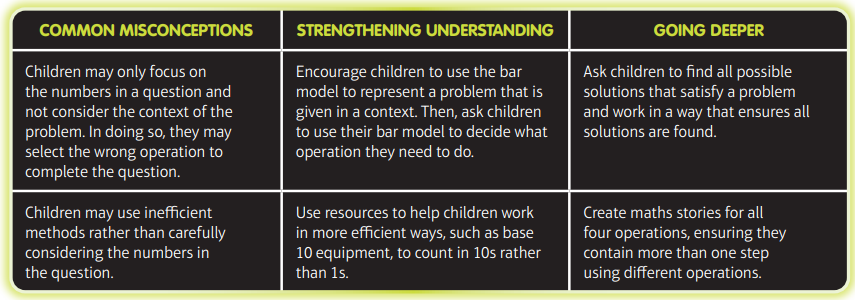
We now also have access to Numbots and Times Table Rockstars which will boost children's understanding of the four operations, with Numbots aiding with addition and subtraction skills and Times Table Rockstars which supports children's rapid recall of multiplication and division facts.
In order to get the best out of NumBots and TTRS, we recommend that children play regularly for short bursts at a time, aiming for 3 minutes, five times a week.
Please find the links here:
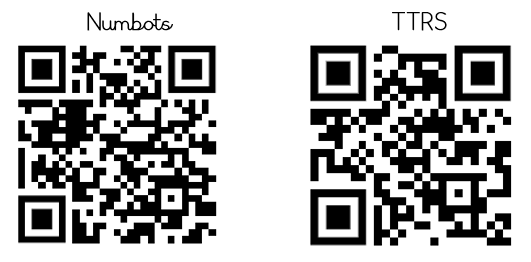
Reading and Spelling
Spellings:
In Year Two, the children follow Bridge to Spelling through daily teaching of spelling objectives, which ensures that pupils become confident and competent spellers. At home you could practice some of the spellings of common exception words for Year Two, found below.
Reading:
For reading, Class Two use the Accelerated Reader Program. The children are tested at the end of each term and this will provide them with a ZPD level (Zone of Proximal Development). You may feel this level is too easy, however our focus is very much on comprehension and how they are able to answer the questions.
- Reading at home – we encourage you to read with your child at least 3 times per week. Although we want the children to be reading independently, it is important that you spend time with your child reading the book that they have brought home.
- Quizzing – when your child has finished the book and shows an understanding of what they have read, they can quiz in school. Currently the children are not independent with logging into quizzes. Therefore, it may not always be possible for your child to quiz due to staff constraints. If your child scores below 70% in a quiz, they will be asked to re-read the book until they are ready to quiz again.
- Recording - We encourage you to write in your child’s reading record every time you have read with them. It is imperative you write in these books to let us know your child has finished the book and is ready to quiz. This doesn’t need to be a long comment. A simple: ‘finished book’ will suffice.
accelerated reader presentation 25 26.pdf
Some children have not yet moved to the Accelerated Reader program, so will still be bringing home Little Wandle phonics books and receiving daily phonics input. To support your child with phonics, you can:
- Revise sounds your child already knows.
- Recap the sounds they have learnt along with its spelling.
- Use target sounds in words and ask your child to repeat the sound back to you.
- Show your child how to blend, or sound out, words which use the target sound. For example, if your target sound is long i spelled ‘igh’, you would sound out the separate sounds, and then blend the sounds together to form the word, like this: ‘n – igh – t’ … ‘night’.
These children will be working on phase 5 of the Little Wandle Programme. The sounds for which can be found in the guide below:
how to say the phase 5 sounds september 2022 1 .pdf
Regardless of whether your child engages with the Little Wandle or Accelerated Reader program, we always encourage a love of reading in Class Two and so would love for your child to explore books and find their joys and interests as a reader beyond their school reading book. Please read as widely as you wish for pleasure at home. This will also boost their spellings, fluency, comprehension, confidence in writing and their wonderful imaginations!
In Reading Comprehension lessons we are focusing on using retrieval skills to answer questions about texts that we have read.
Writing
This term, we will be focusing on writing a story. Our key skills are:
-
- Use co-ordination (and, but, or)
- Add -ly to turn adjectives into adverbs
- Use commas to separate items in a list
- Write sentences with different forms: statement, question, exclamation, command
- Use subordination (apply because, when, that; if)
- Use the progressive form of verbs in the present and past tense
- Use present and past tenses correctly and consistently
- Use punctuation correctly: exclamation marks, question marks, full stops and apostrophes for the possessive (singular) and contracted forms.
- Add -er and -est to adjectives
- Use expanded noun phrases to describe and specify
- Add suffixes to spell longer words e.g -ment,- ful
- Use homophones and near homophones
- Write in third person
- Sequence events by beginning, middle and end.
Here is a link to the book if you would like to read it. Please do not share this with the children as we will be doing lots of predictions: https://www.youtube.com/watch?v=z2PBwYymLgo
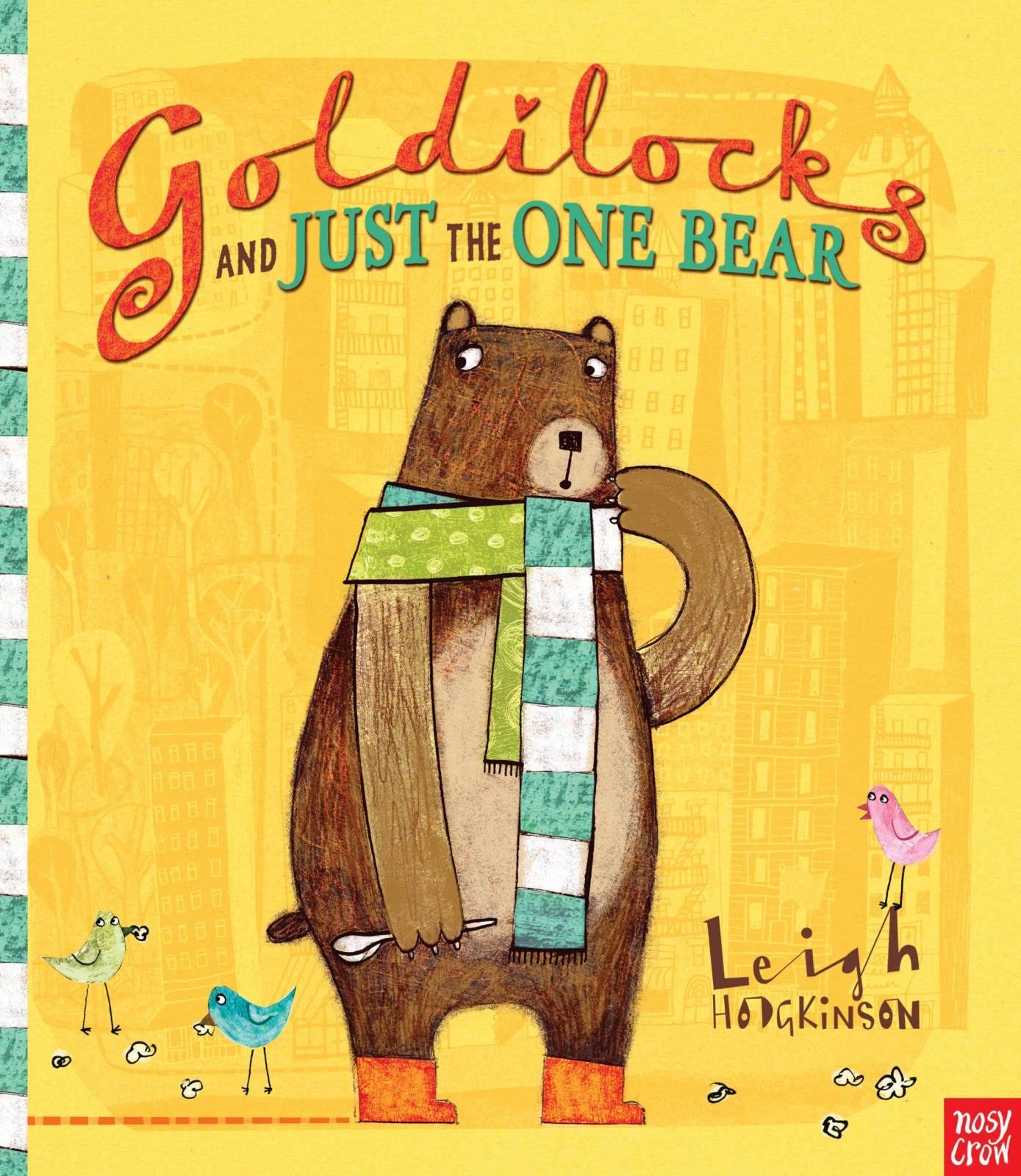
Enrichment across the curriculum
Science:
Our unit this term is 'Animals including humans', which we will be enriching with our school trip!
Here are our 'big ideas' for the unit!

Geography:
This term, we are exploring coastlines! Children will learn about the physical and human features of coastal regions across the United Kingdom.
PE:
Our teacher-led unit this term is Target Games. For this unit, our success criteria are:
- To consider how much power to apply when aiming at a target.
- To understand how to score using overarm and underarm throwing.
- To develop striking to a target.
- To develop hitting a moving target.
- To select and apply the appropriate skill to the target game.
- To show an improvement in my personal best.
Our key focus for the week is highlighted.
RE:
Our unit this term is: How should we care for others and the world, and why does it matter? Over this unit, we will:
- Talk about how religions teach that people are valuable, giving simple examples.
- Recognise that some people believe God created the world and so we should look after it.
- Re-tell Bible stories and stories from another faith about caring for others and the world.
- Identify ways that some people make a response to God by caring for others and the world.
- Give examples of ways in which believers put their beliefs about others and the world into action, making links with religious stories.
Computing:
Our computing unit is focused on programming quizzes.
RSHE:
Our RSHE unit this term is ‘Relationships’. We will develop the following skills: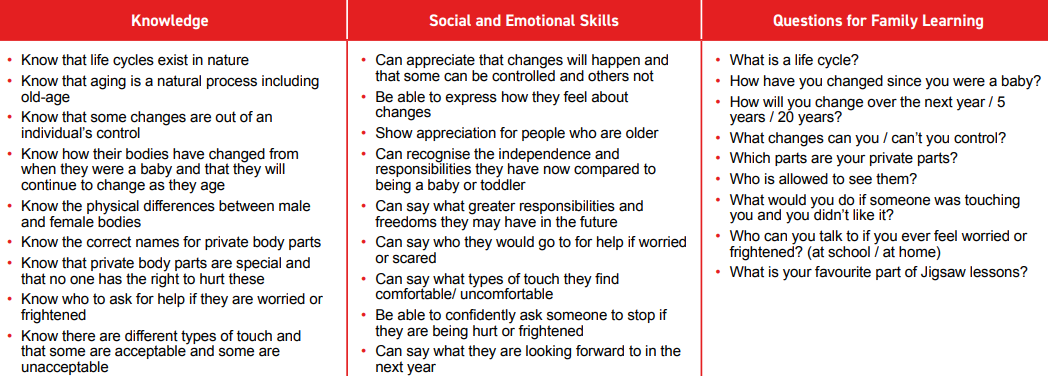
The key questions taught and explored for your child throughout the term are:
Lesson 1: I can recognise cycles of life in nature
Lesson 2: I can tell you about the natural process of growing from young to old and understand that this is not in my control
Lesson 3: I can recognise how my body has changed since I was a baby and where I am on the continuum from young to old
Lesson 4: I can recognise the physical differences between boys and girls, use the correct names for parts of the body (penis, testicles, vulva, vagina, anus) and appreciate that some parts of my body are private
Lesson 5: I understand there are different types of touch and can tell you which ones I like and don’t like
Lesson 6: I can identify what I am looking forward to when I move to my next class











